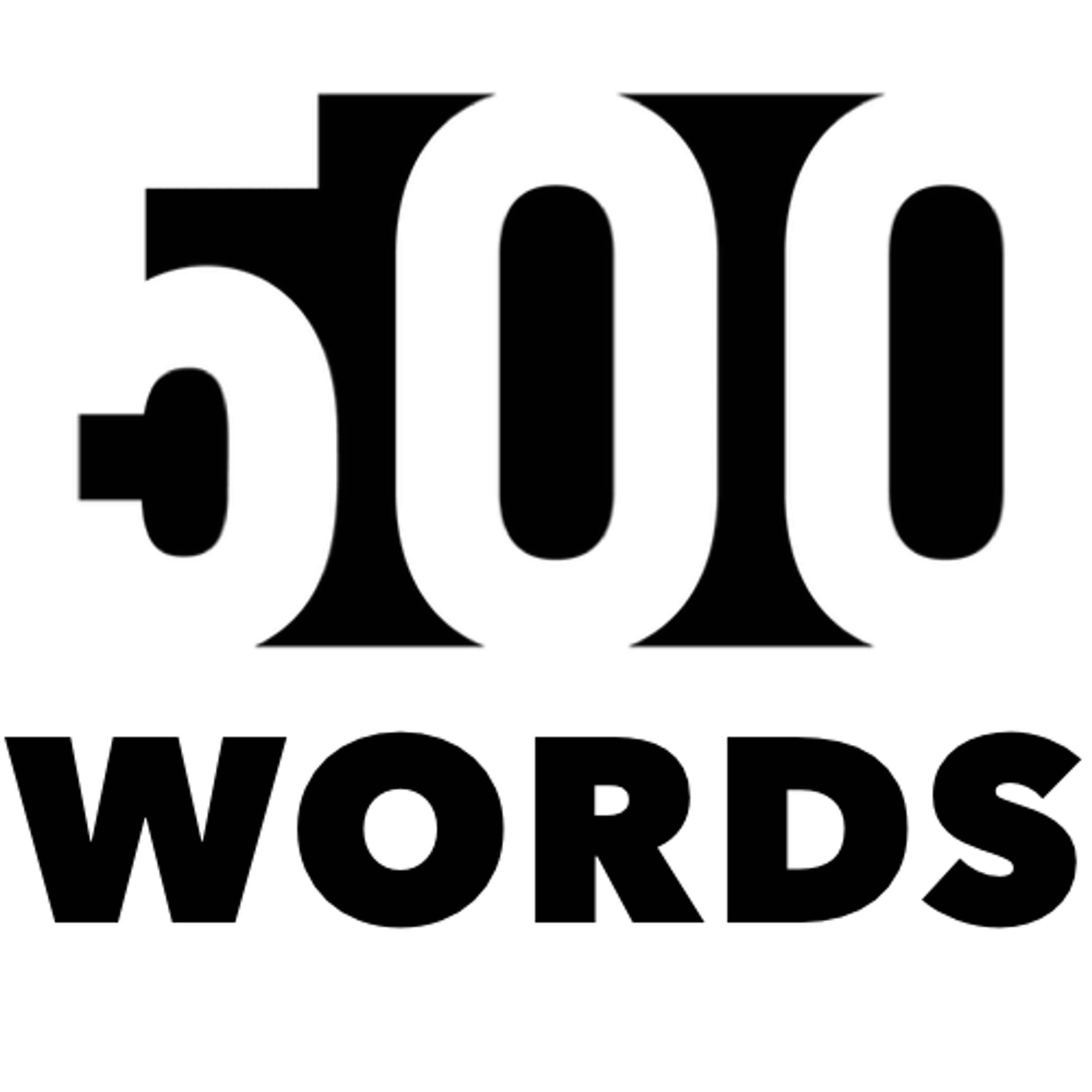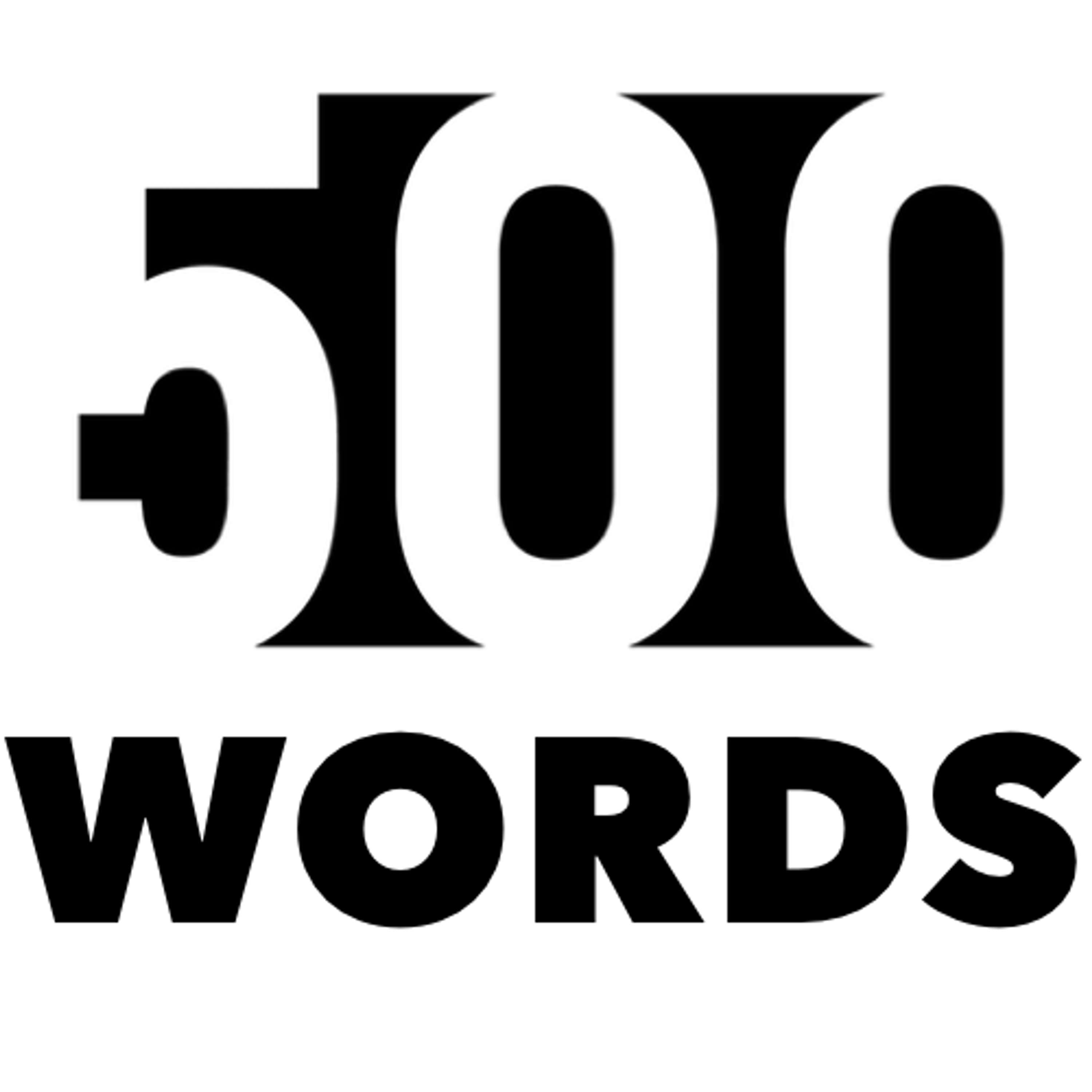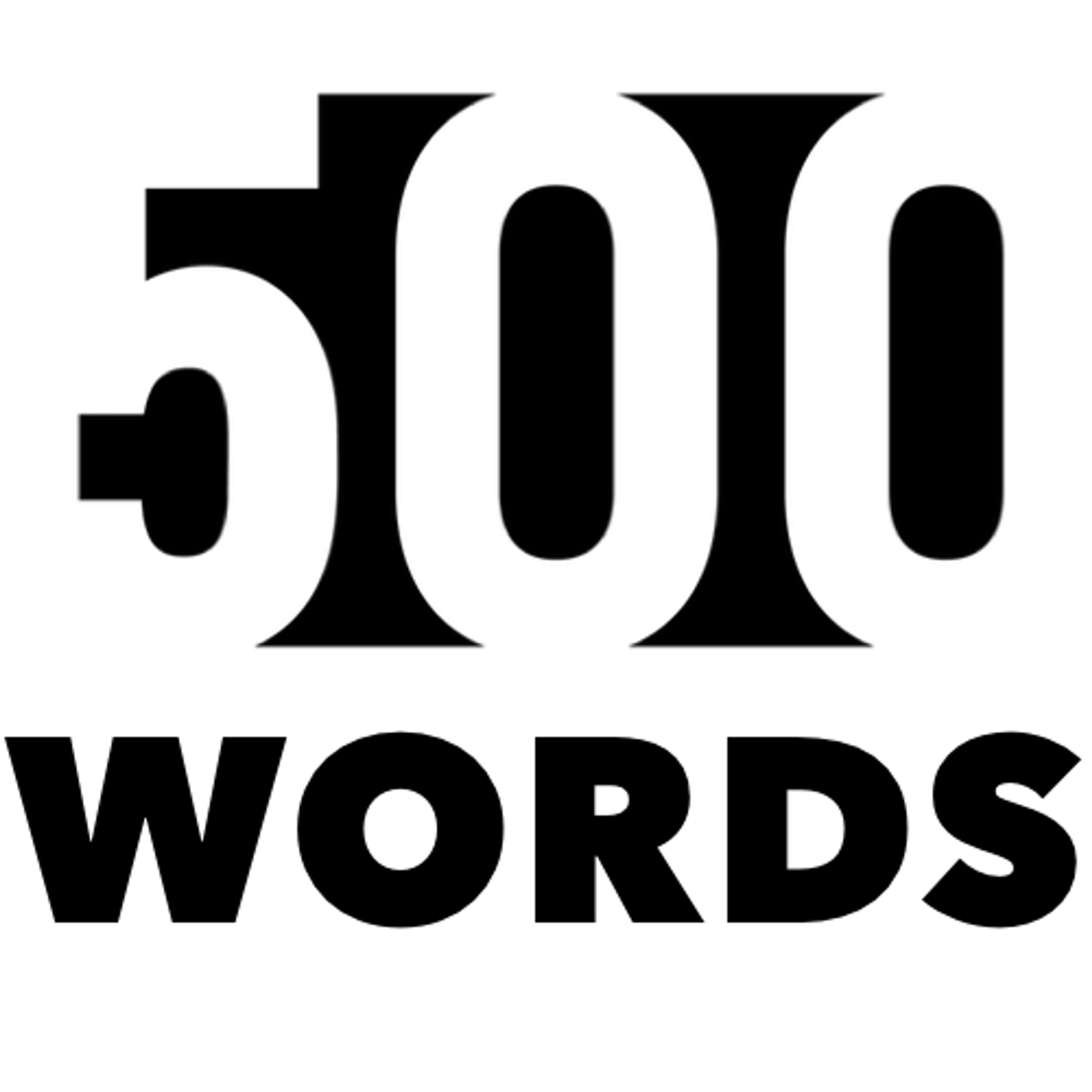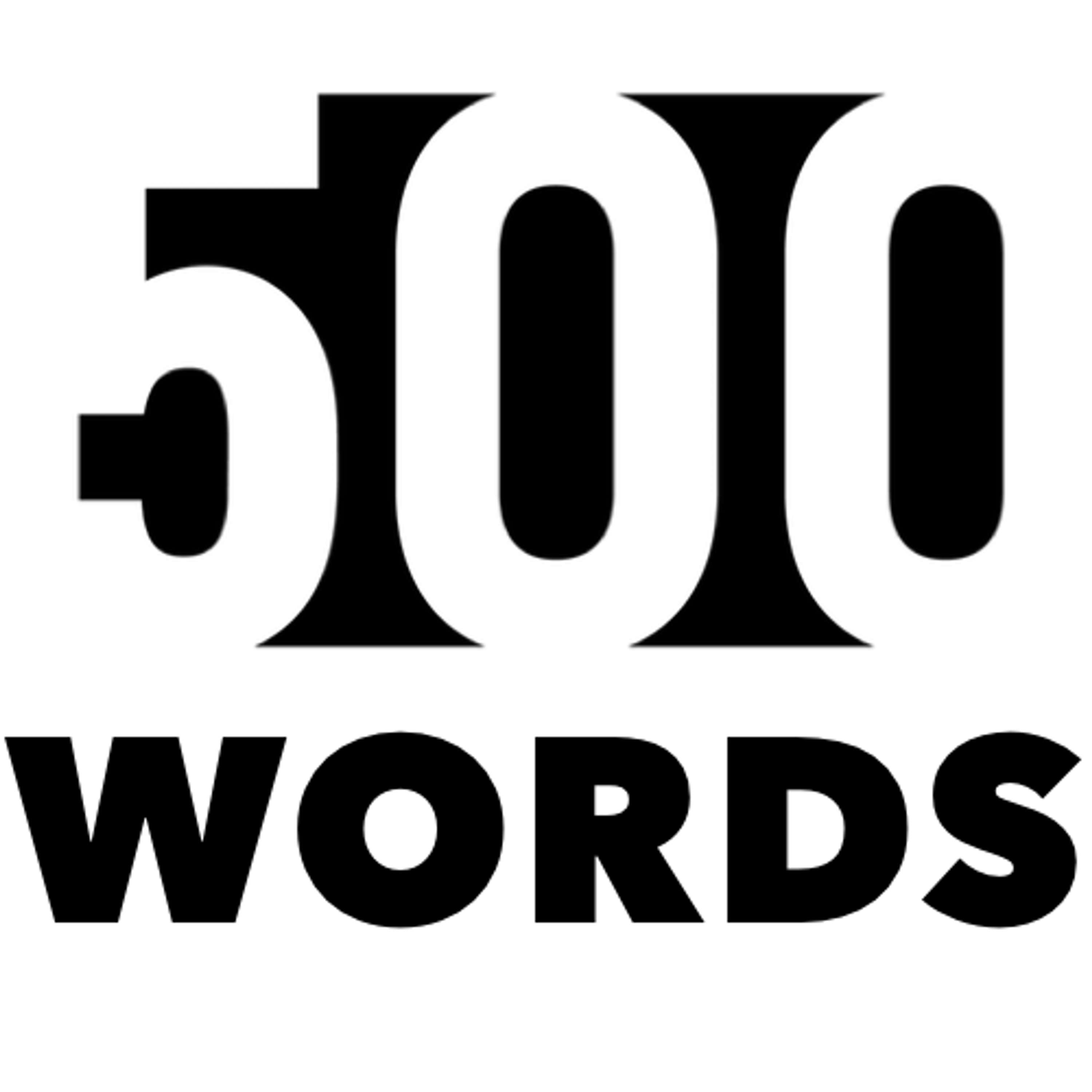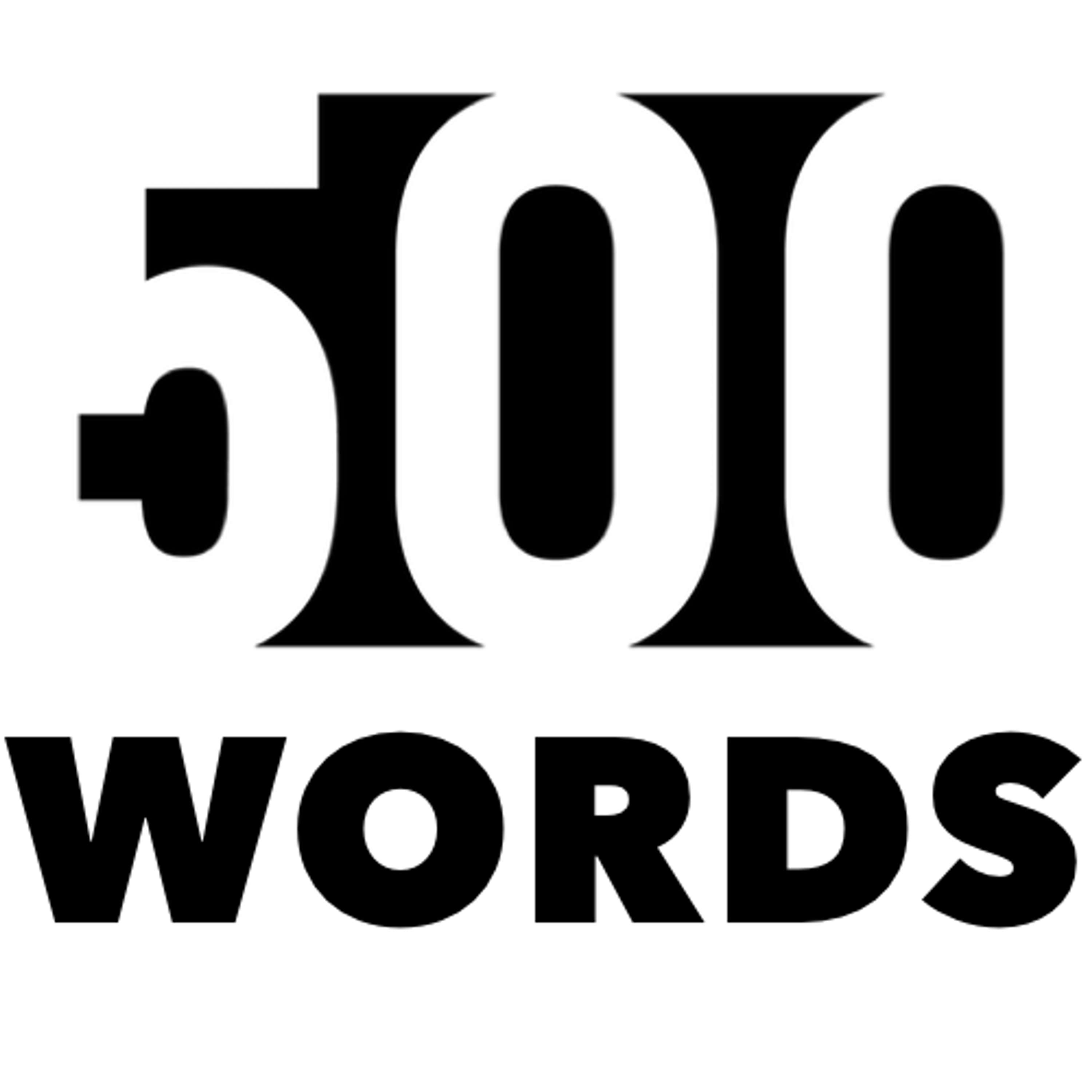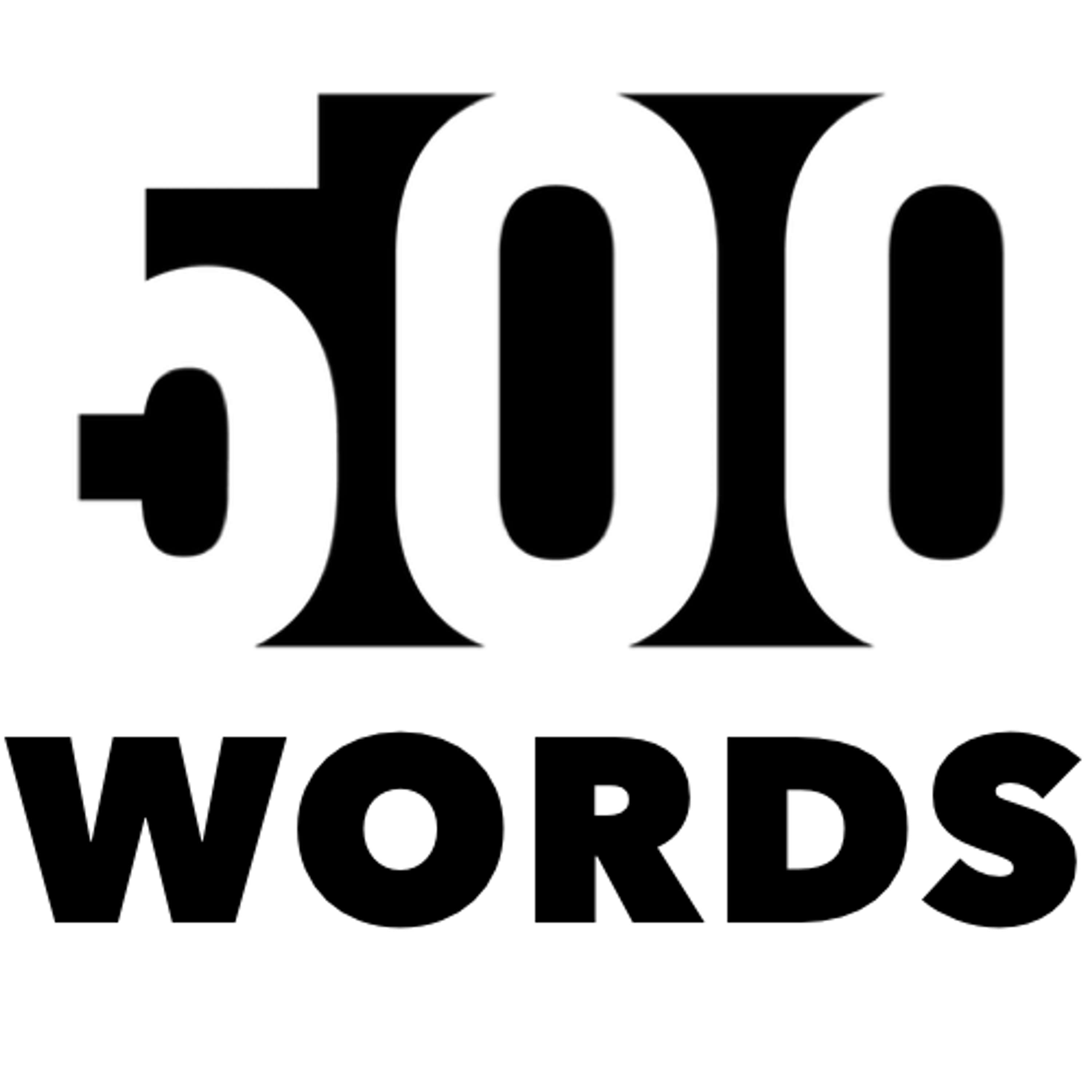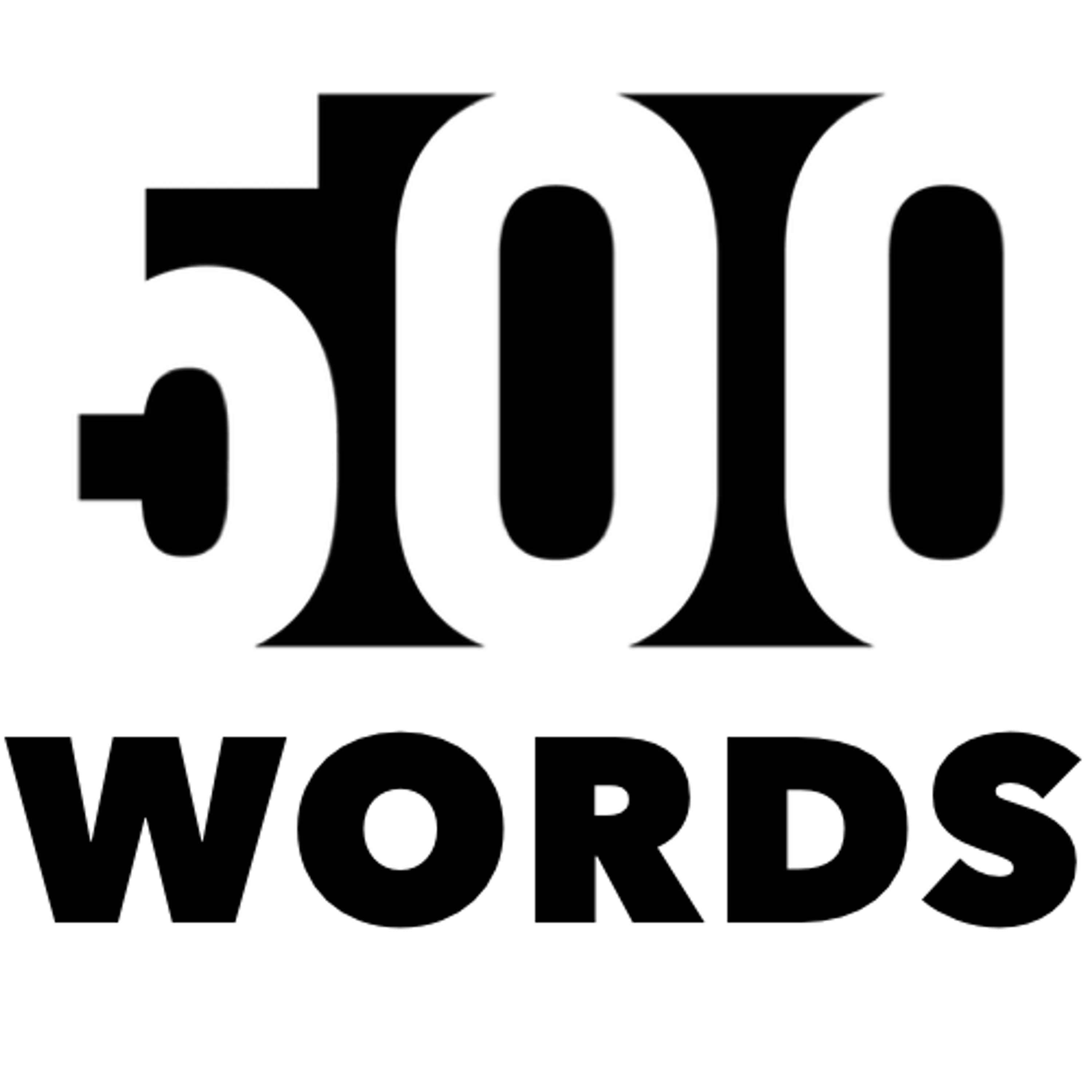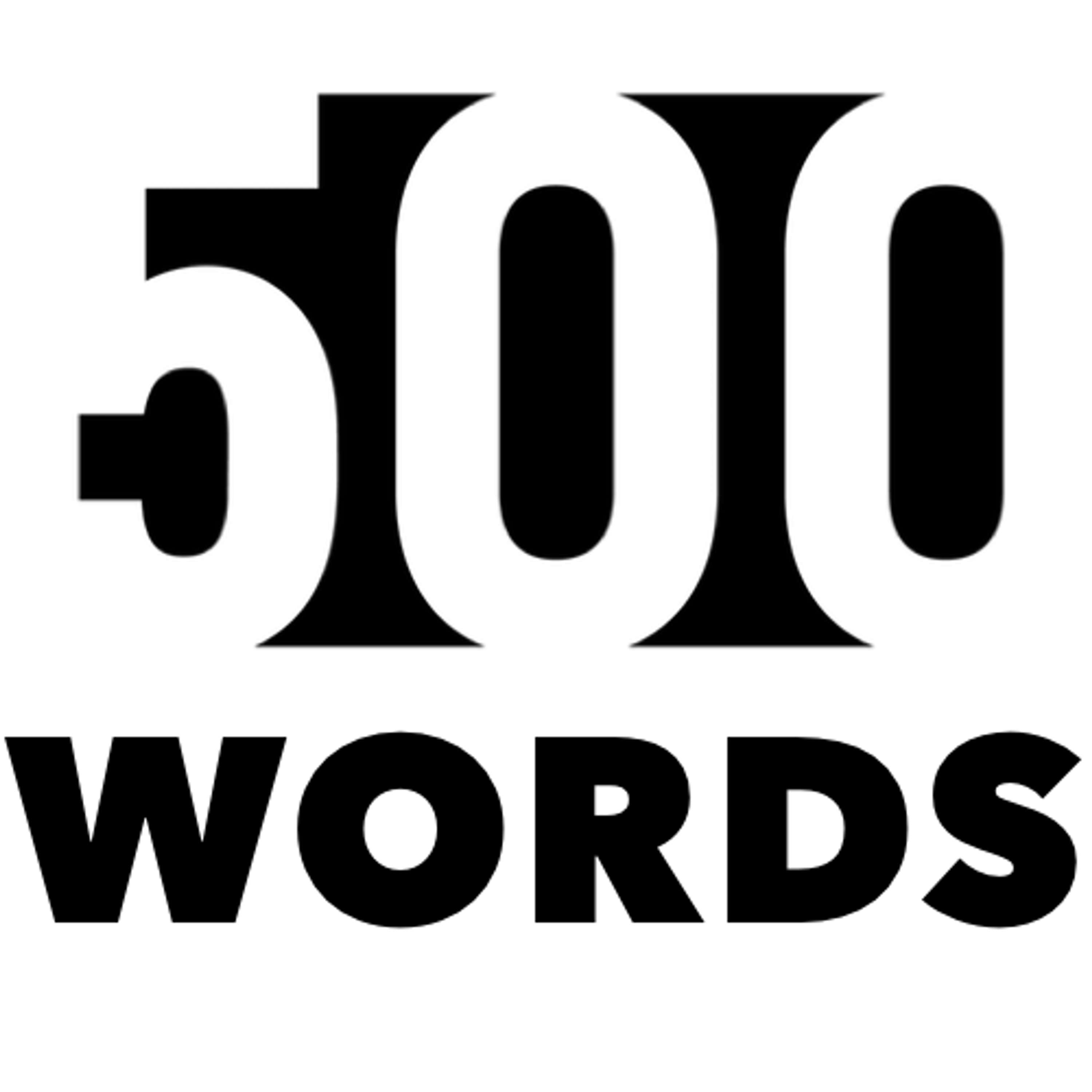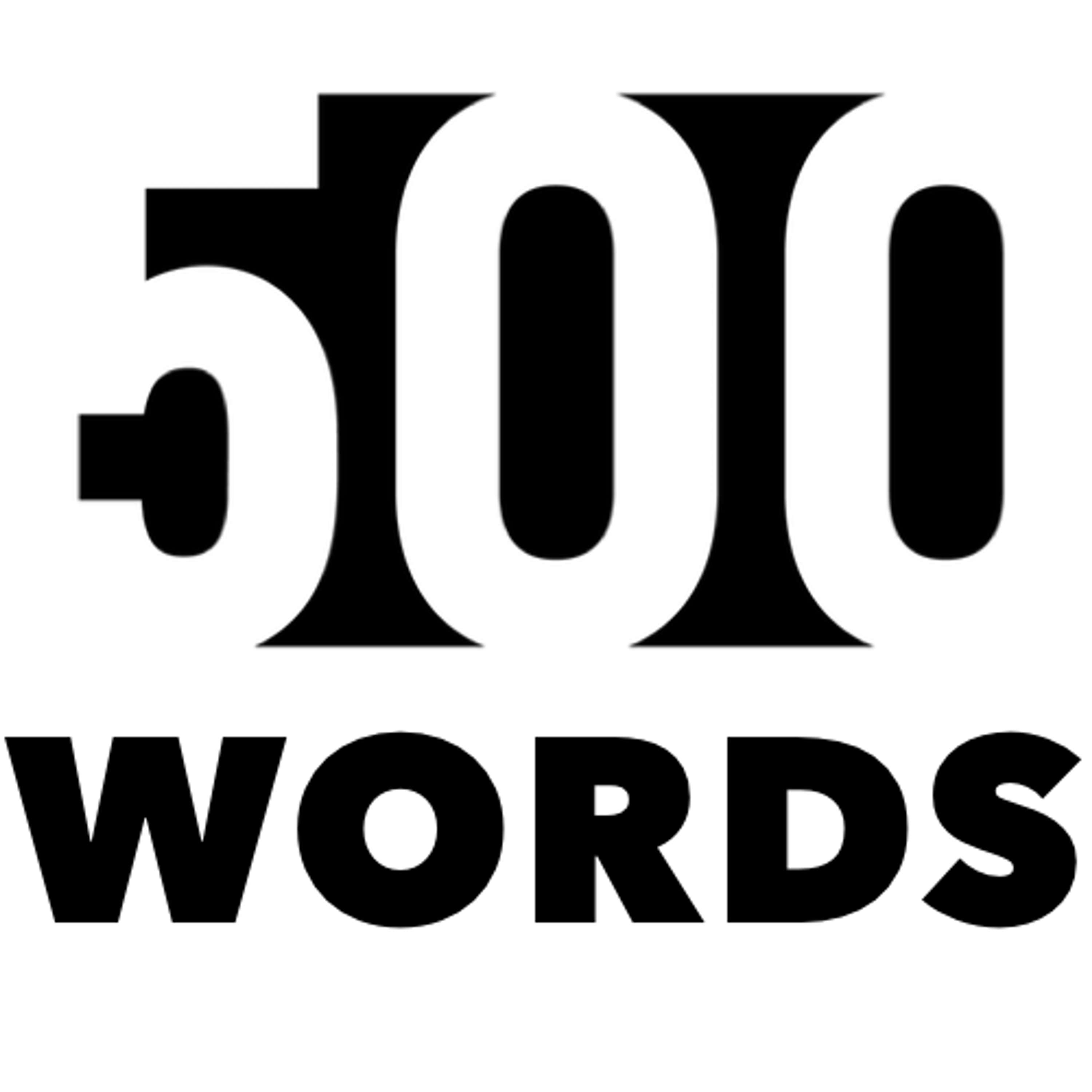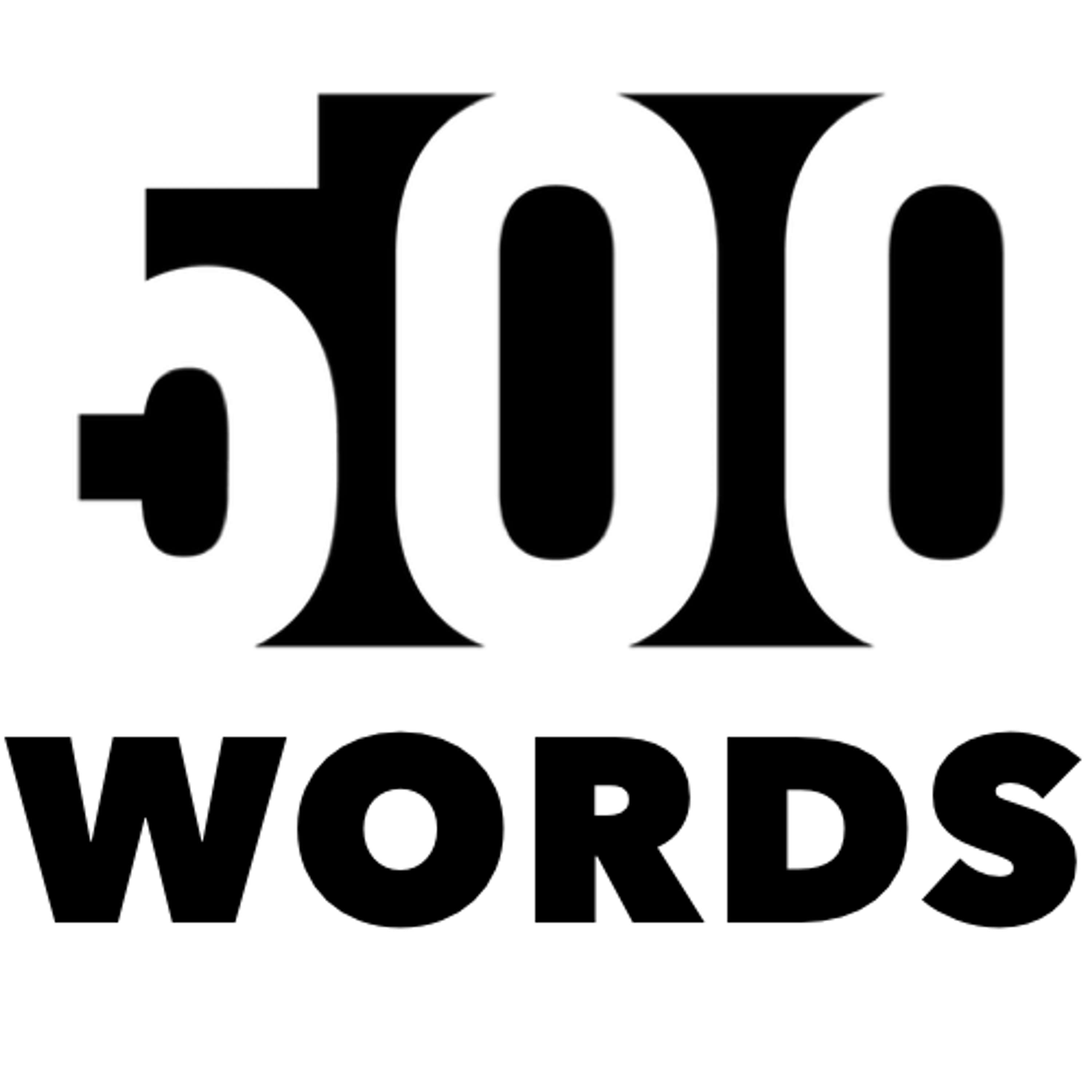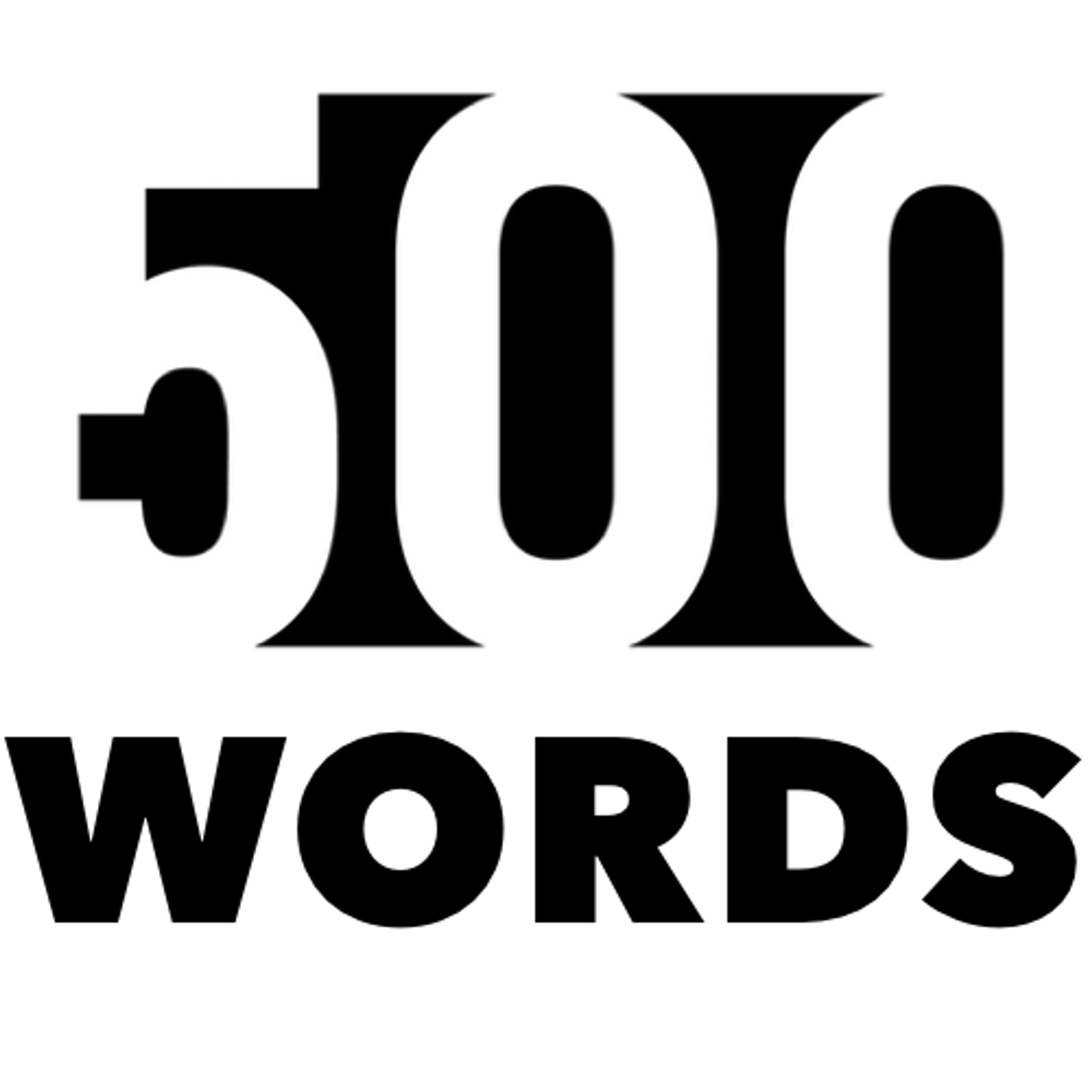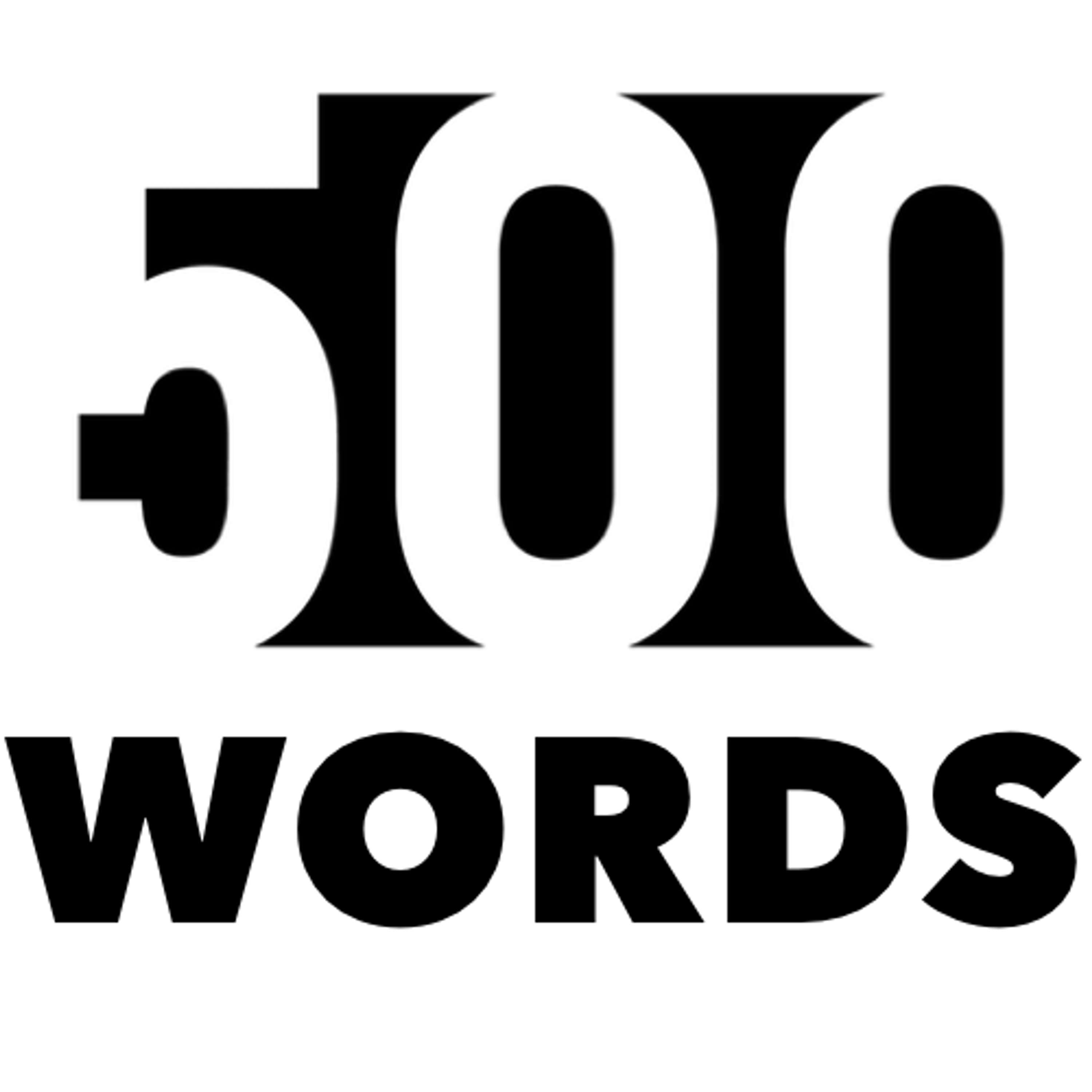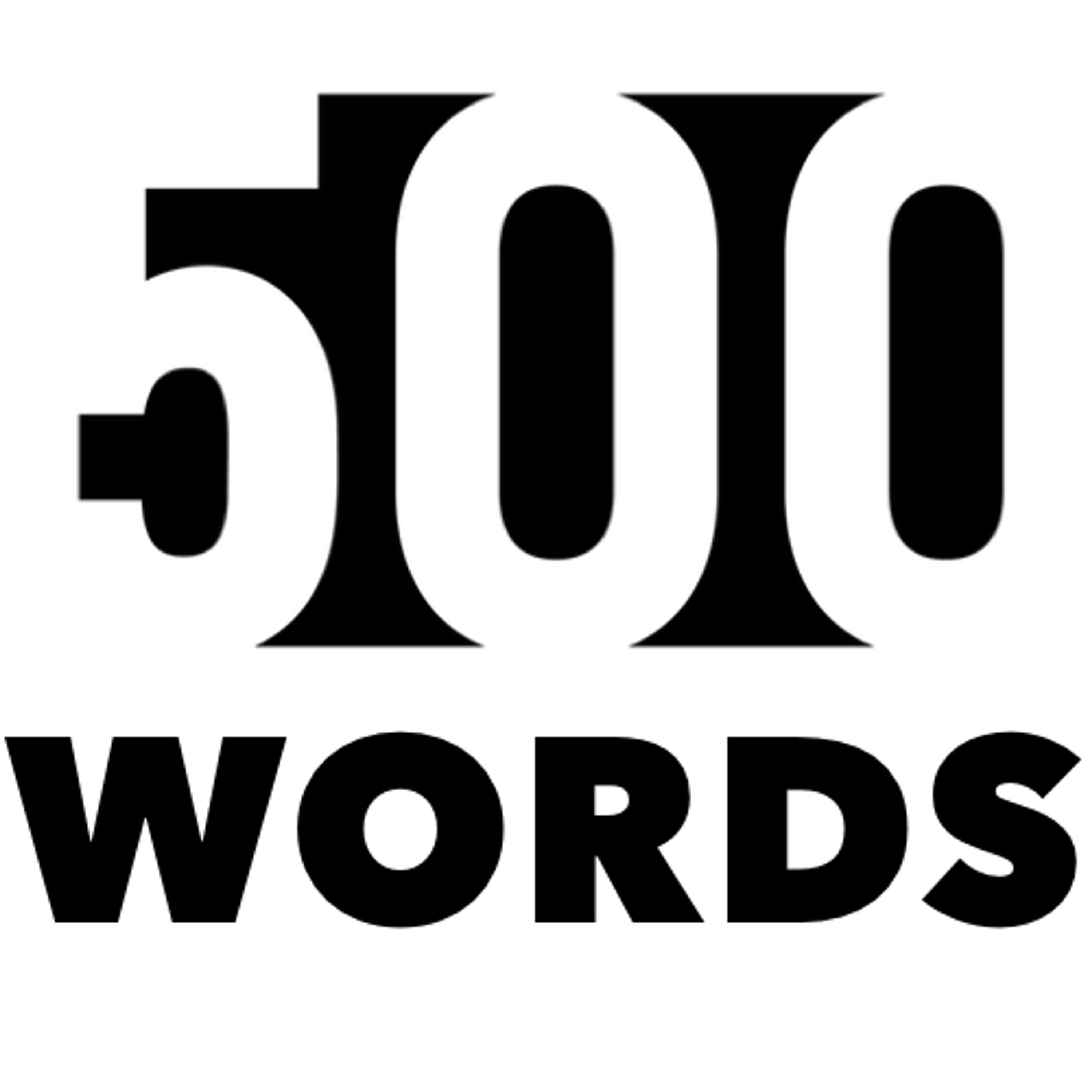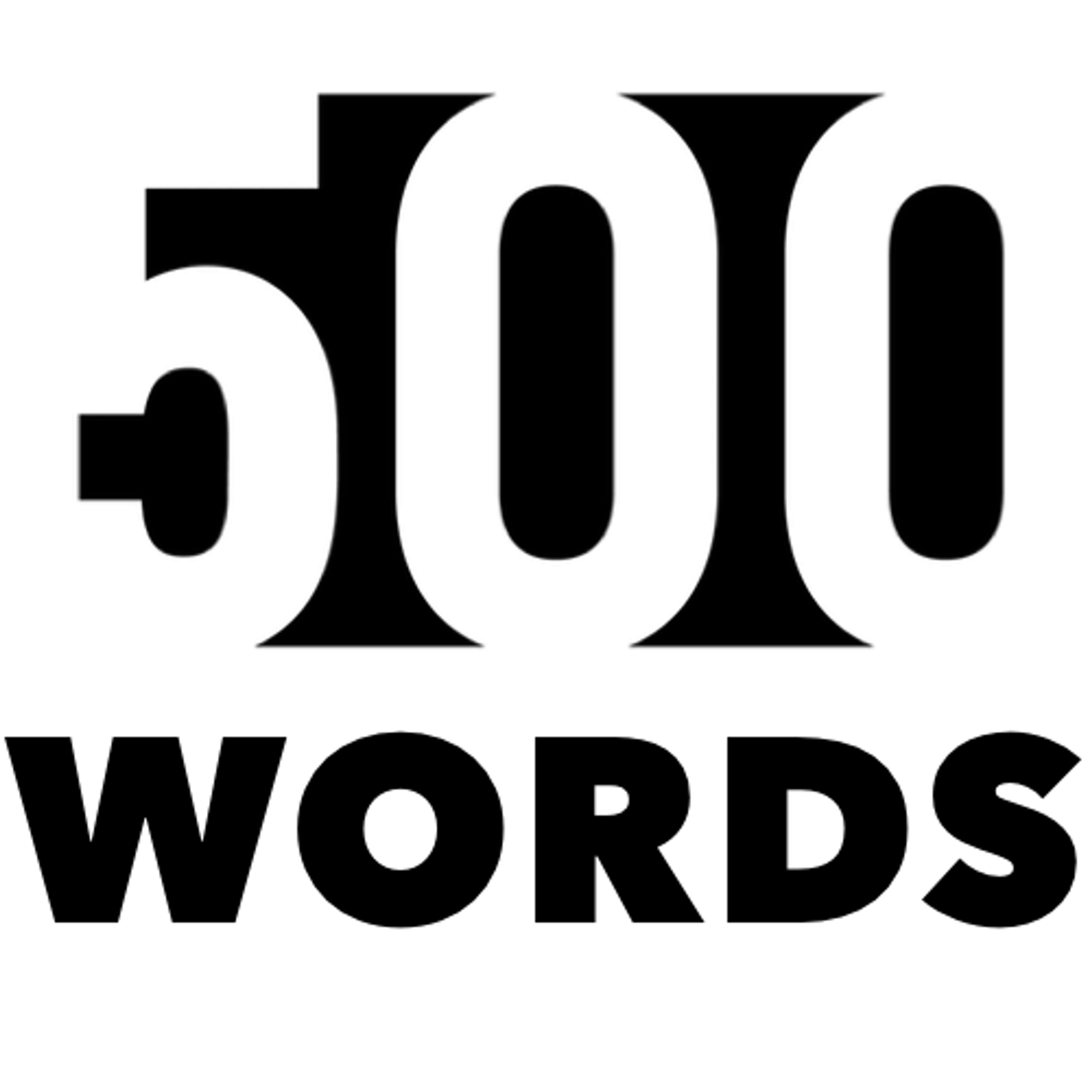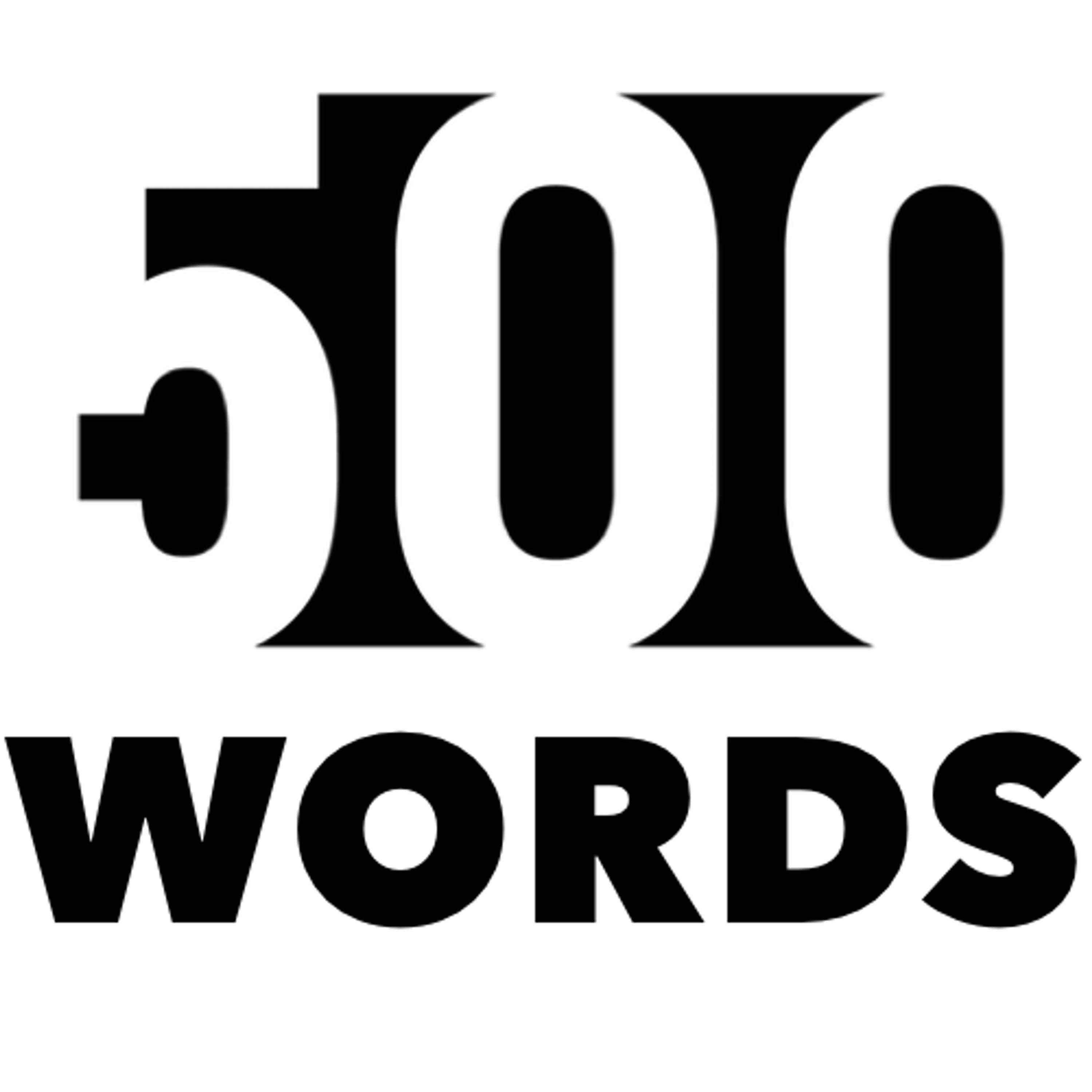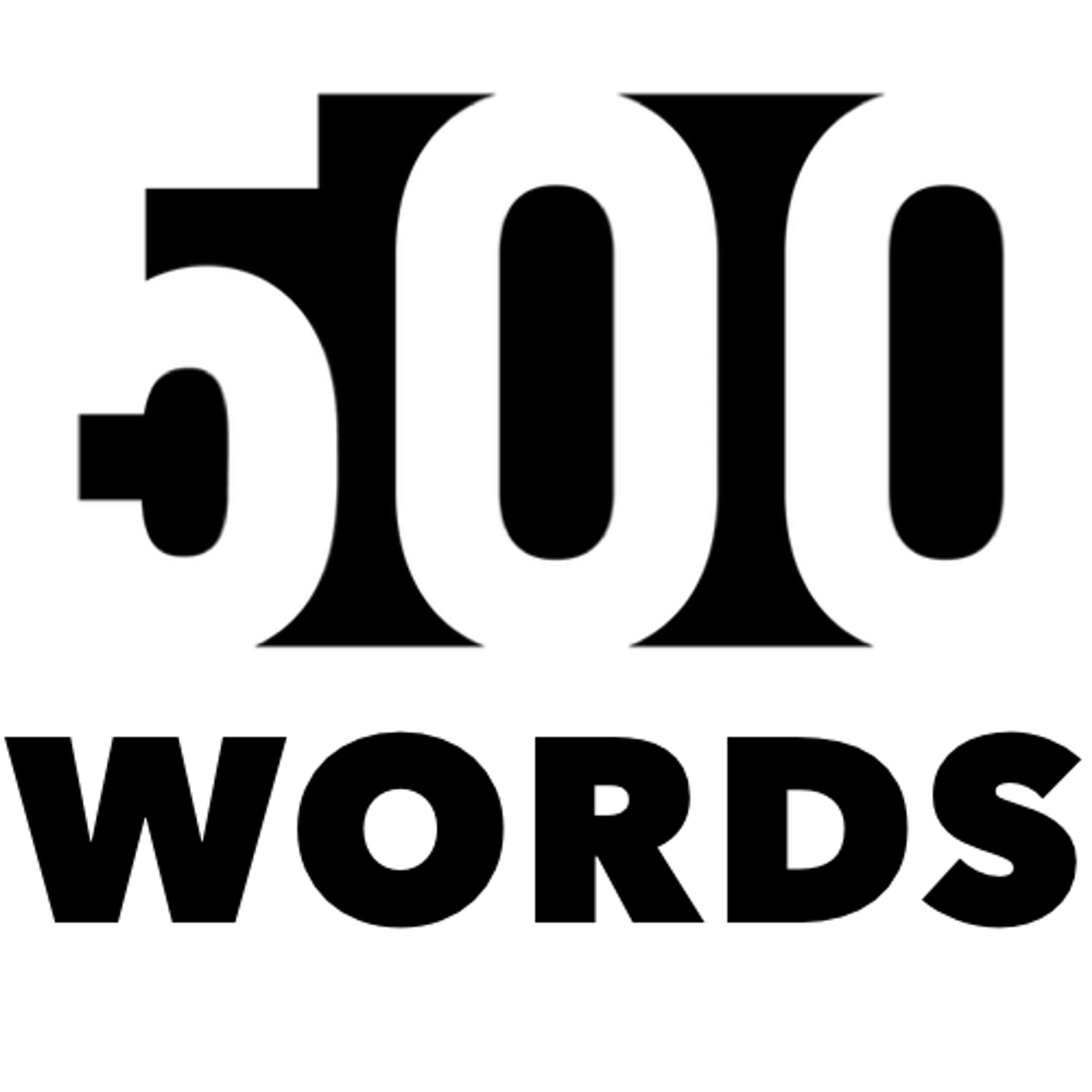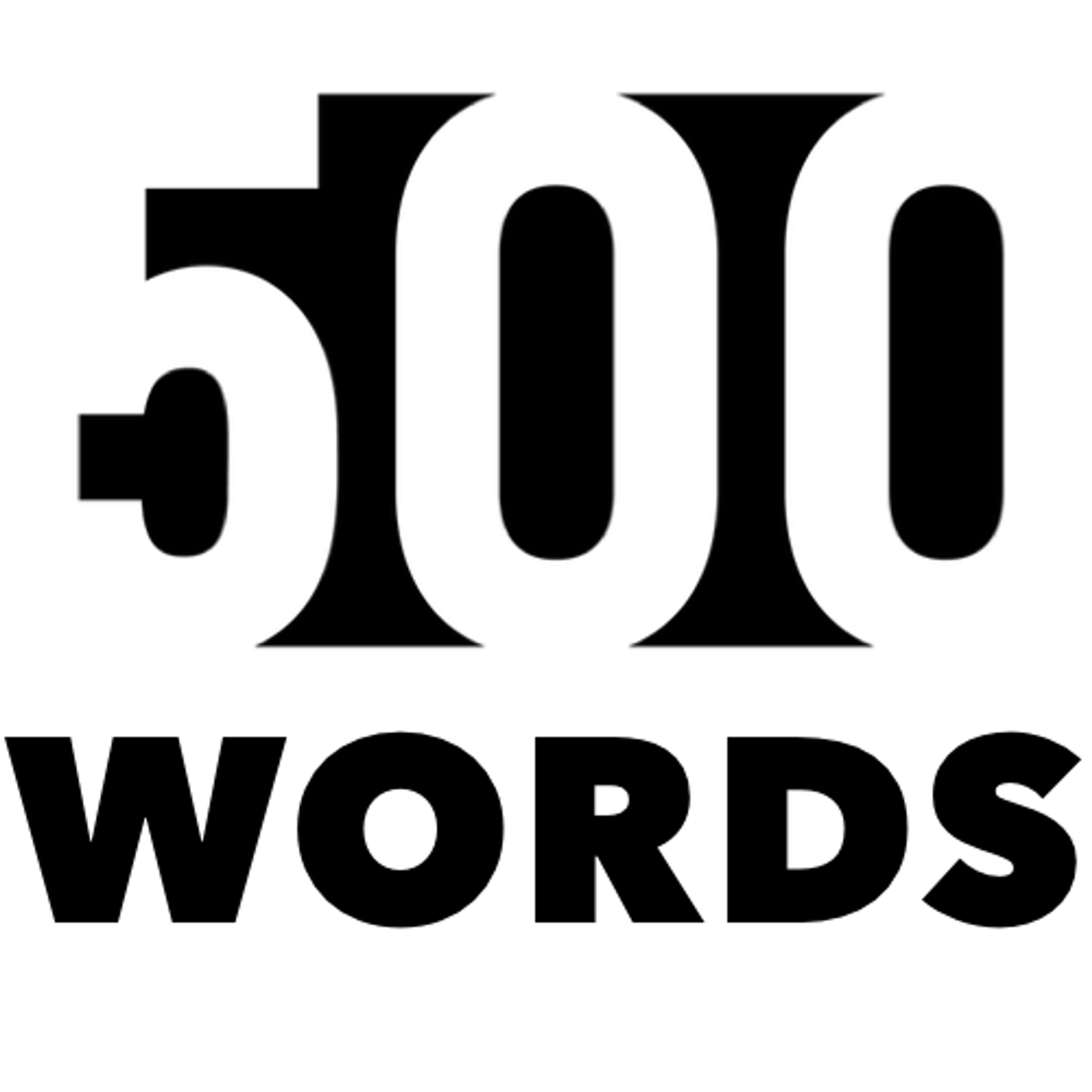Discover 500 Words by Lee Schneider
500 Words by Lee Schneider

500 Words by Lee Schneider
Author: Lee Schneider
Subscribed: 3Played: 15Subscribe
Share
© Lee Schneider
Description
500 Words is a companion podcast to the 500 Words newsletter, written by Lee Schneider. It features blogs and newsletter read by the author. Past seasons have featured short-form interviews with creative folks from film, music, design, multi-media and more.
34 Episodes
Reverse
Welcome to 500 Words, a letter about indie publishing, artificial intelligence, and the creative process. Though I write about AI, I'm not an AI fanboy. I'm interested in interrogating IA, which means I'm going to question all of its basic assumptions. The reason for this is that I am a recovering early adopter, meaning that once I was an enthusiastic grabber and tester of all new technology. But I've become more skeptical of the bright, shiny tech object, and I question the motives of the people who are pushing all the new tech on us. If that viewpoint works for you, consider subscribing. Every issue of 500 Words is free. You can also support my work with an optional paid monthly subscription, if you wish, or just buy me a coffee. INTERROGATING AIThis must have sounded good back in April 2020: A robot for kids named Moxie that was marketed as a safe and engaging animate companion, designed to promote social, emotional, and cognitive development. Do you have a warm spot growing in your heart? Sorry, you'll have to do something about that in the next paragraph.
Welcome to 500 Words.When I worked as a news writer and producer, I acquired a habit that I am now trying to break. Back then, every day, I churned through as many print and internet sources as I could get my eyes on. Now, the more news I read, the worse I feel.In the episode, I go on to talk about how I've tried to change my news input habits. In INTERROGATING AI, I cover Pokemon Go's data grab, Jerry Garcia's immortal voice, and the influx of VC funding into a startup that is developing autonomous weapons.
Well, that didn't go well. A majority of Americans have voted for hate, choosing a criminal to lead us. It feels like a day, or a few days, or maybe a whole week to dip into despair or try to recharge. I have given some time over to despairing and mourning, and now I'm working on the recharge.Can there be dialogue in our divided land? Is it worth it to try reaching across the aisle?
A moment for station identification for new readers and listeners: 500 Words is a weekly-ish newsletter with two regular columns: INTERROGATING AI, which examines our use of artificial intelligence, and BLURBOMATIC, a monthly curated list of book reviews. I'll also keep you updated about books I'm publishing, productions in progress, new courses and trainings, and podcasts I'm launching or publicizing.I have made a point of writing about productive uses for AI, like using a chatbot as a writing coach to help you come up with ideas. Adobe has added a feature to their editing app, Premiere Pro, that will generate a few missing frames of video if yours ends too early to make the edit. AI has the capability of making us fitter, happier, more productive (Yes, a that's a Radiohead quote from *Ok Computer*.)But truly interrogating AI means asking who it benefits. Easy answer to that: The companies leading AI development have a beneficiary in mind--themselves. AI has corporate masters, and it is being shaped to benefit them. We, as users of AI, can speak up and make it more beneficial to humans, and we ask demand that it not hurt the Earth too much.
There are many AI unknowns this week. To sort them out, let's follow the money.OpenAI is restructuring from a non-profit to a for-profit company. Its Chief Technology Officer, Mia Murati, announced that she's leaving. Murati played a pivotal role in getting OpenAI CEO Sam Altman booted from the company last year, and she briefly became its CEO in his absence. Then, with Microsoft's financial backing, Altman regained control over the company. Whatever power struggles occurred behind the scenes, they have benefitted Altman. After the restructuring, OpenAI is discussing giving him a 7% equity stake. At OpenAI's current valuation, Altman's 7% would be worth around $10.5 billion.
Hey, you human? Prove it. With more AI-generated slop that I can handle on my screens these days, I say it's time to issue online credentials that will prove that you're a human being. We have driver's licenses to prove who we are when we get behind the wheel, and we have passports to prove who we are when we cross a border. You need a photo ID to buy a gun. On the internet, you can be a dog, and nobody would know. I listened today to a couple of bots doing their own podcast, and they were pretty darn close to sounding human. Bots are writing articles, financial reports, and meeting minutes. Bots are also degrading the internet, spreading misinformation, committing fraud, and directing cyberattacks. AI's might seem pretty powerful, but there's one thing they can't do. An AI can't show up somewhere in person. So personhood credentials would involve going somewhere, like the DMV or the Post Office, and proving your identity, and somebody official there would issue an encrypted credential. The credential itself it could be a certificate in your web browser that would be linked to your fingerprint, eye, or voice.
Not only are people buying more books, but they are also talking about them more often, in more venues. BookTok helped sell about 20 million books in 2021, more than 2.4% of book sales for that year. The #booktok hashtag has more than 200 billion views on TikTok, which is like saying every person in the world has viewed the hashtag 25 times. Confession: I've never looked at that hashtag in its home environment, on TikTok. I'm not interested in another blippy platform. I'm looking instead for longform conversations about books. Conversations like that are getting easy to find.
Hello, and welcome to 500 Words.It didn't seem that long ago that the experts said that nobody would buy physical books anymore. Well, Barnes & Noble is thriving, on track to open 58 new stores this year. That's the fastest pace the company has set for openings since 2009. Physical books are winning in the age of social media, aided *by* social media, like Facebook, TikTok and the popular #booktok hashtag. The new Barnes & Noble stores will be coming to New Orleans, Northbook, IL, Conroe, TX, Santa Fe, NM, Fayette, KY, and Santa Monica, CA, among other places.
How can you be sure I'm me and you're you? I'm asking because a person's vocal identity is hard to verify online, even if you know their voice well. Synthetic speech generation has gotten so good, it's close to impossible to tag a voice as real just by listening to it. Earlier this year, New Hampshire voters received a robocall that sounded like Joe Biden. Biden's voice told them to “save your vote for November,” encouraging them not to vote in the presidential primary. Doesn't sound like something that Joe would say, and it wasn't. It was a deepfake of his voice.
Let's consider actors' voices as uncommon instruments, ready to fit vastly different roles and build big emotions with the smallest nuances of expression. Voice actors are hired on productions because their voice can be heavy as gravel or light as a butterfly. These voices may be virtually transparent to you, as you hear them narrating commercials, reading audiobooks, playing characters in animation and video games, and playing roles in podcasts. Some are famous, like Claire Danes and Maggie Gyllenhaal voicing audiobooks, and some you'd never expect to be voice actors, like Seth Green (Scott Evil in the Austin Powers movies), who has built up a repertoire of more than a thousand voice-acted roles.On August 12, the actors' union, SAG-AFTRA, closed a deal with Narrativ, an AI company, that allows union members to license their digital voice replicas for use in digital audio ads. Some actors are saying they have to fight the machine, and others believe they have to use the machine because the AI companies are going to clone them anyway. The read I got from friends in the acting community is that most working actors are against cloning their voices, because it will erode their standing as unique talents and ultimately reduce their income.
An announcement about a new feature of the newsletter, Interrogating AI, your guide to collaborating with AI. Also, the new podcast is starting, and you can get your voice into it. Leave a comment at https://memo.fm/thefuturelab/ and we might play it on the air.
Since I've been working on distributing my new book, I have been thinking about libraries. This summer, our family has been visiting our local library nearly every week. I'm researching a young audiences project with my youngest son as my consultant. He is a speedy reader--the other day we brought home a shopping bag of books that he will have read in a week. He is my database of YA storylines, characters, and themes. When we couldn't find a YA book in our local branch library, all we had to do was ask, and they'd get it for us. Same for novels about climate that I'm reading for another project. (“Working on many things,” as it says in my bio.)You may have heard about Project 2025, an initiative of the conservative Heritage Project. Project 2025 argues that librarians, publishers, authors, and educators could be subject to criminal charges and incarceration if they put an LGBTQ+ themed book on the library shelves, or a book about slavery in America, or a book about systemic racism.This episode covers how librarians are under attack, and the written version of the post has some helpful links.
Since I can't keep up with all the output *500 Words* requires on a weekly basis, I've brought in a collaborator, one with BIG ideas. They have written for Time, Place, Apple News, Pear News, Apricot, Fox, and Raccoon, but actually, I'm not sure, because they tend to make things up. Their résumé is a mile long, and they have ten pages of Google results, and they are offensive sometimes, but hell, I need the clicks. Also, a look back into the archives, for an essay called "Espresso." Creators & Guests
Codename Sunshine - Writer
Navigating anxiety, embracing climate fiction, and preparing for a paywall in this edition of 500 Words.
This is an audio version of 500 Words - Issue 81 - Let's enter the Flow State. It is read by Lee Schneider.Creative work starts with a flow state. A flow state is a state of focused attention that often leads to a sense of effortless peak performance. In a flow state, time melts away, and you can lose track of it, you push aside distractions, and self-doubt doesn't exist. Dropping “into the zone” like that can't be forced, but it can be cultivated. Here are a few ways I try to get there when I'm writing.
I'm writing today to celebrate the official publication of my second novel, Resist. It went live yesterday on Amazon, with more platforms to follow. It's been a journey, like running a marathon, and it's not over yet. (I'm writing a third novel now.) I'm grateful for everyone who has supported me in this, especially my wife, Tabby. Writing novels is an idea that I've had for myself since I was about nineteen, so this is a high point in work and life, and I'm happy to share it with you.
This is an audio version of 500 Words - Issue 79 - Climate PositivityHave you heard that climate change is your fault? It's your fault that you drive a gas-guzzling car, overheat your home, run your air conditioner, travel by air, and make scrambled eggs on your gas-fired stove top. That's why we're in a climate crisis now. It's all you. But that's not true. The real evildoers are the fossil fuel companies.Read by Lee Schneider.
Blurbs. You see them on the back of books. You see them in movie ads. Now, here they are in my newsletter. They're everywhere! Not really, but a few kind folks have blurbed my next book, Resist.
500 Words is an ongoing conversation with creative people. We've profiled composers, photographers, and labyrinth makers. As we prepare our next short run of fiction for the web, we're featuring short-form conversations between father and son. Subscribe to the podcast on Apple Podcasts. Subscribe to 500 Words.
In this episode of Now Here’s Something, Bodhi and I go deep for three minutes about the dilemma we all face now: screen or paper. If you’re just joining me on the 500 Words journey, I’m posting a podcast as I work up the next numbered series of very short short story posts written exclusively for this newsletter. If you want to receive the posts in the order they are created, consider subscribing. Bodhi is my youngest son. He is eight. There have already been two fiction series posted on this blog. The first, Wait, Wut, was about adapting to the impossible conditions imposed on us by the pandemic. The second, The Counter Narrative, was a series of posts written from some time in the future. Each post is 500 words long or pretty close to it.


